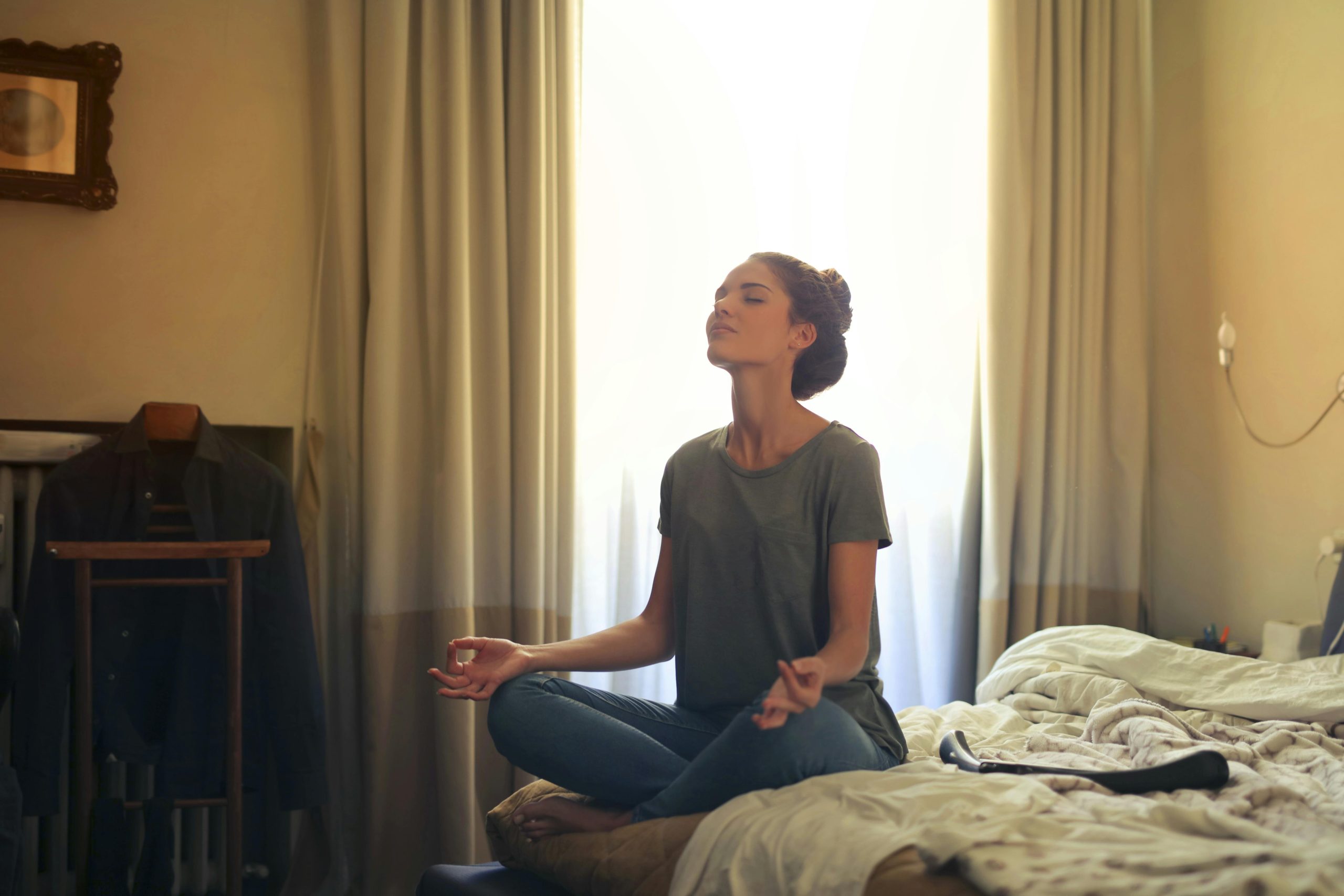Finding Pathways to Resilience in Times of Global Conflict
In today’s world, people are constantly exposed to war, conflict, and the struggle for global power. Even for those far from battle zones, the ripple effects of geopolitical instability are deeply felt. News cycles filled with violence, economic uncertainty, and collective insecurity place a heavy burden on mental health. At New Pathways Counselling Clinic in Vancouver, we believe that navigating life during times of global turmoil requires more than endurance—it requires new pathways to resilience.

Marzieh Ahankoob Nejad
Clinical counselor
The Psychological Impact of Global Conflict
The presence of war today is not limited to the battlefield. Images of destruction and suffering are instantly broadcast into our homes and onto our phones. This constant exposure can increase anxiety, depression, and even vicarious trauma. Many people report feelings of hopelessness, mistrust, and fear about the future. Families and communities also feel the weight of uncertainty as global instability disrupts daily routines and long-term plans.

Why Are We More Vulnerable Today?
Unlike past generations, today’s individuals experience conflict not only through local realities but also through the global media environment. The speed and intensity of information spread magnify distress. At the same time, economic challenges linked to political tensions add pressure, while modern lifestyles often reduce access to protective coping resources such as close-knit communities or grounding connections with nature. Together, these factors make people today particularly vulnerable to the psychological impact of global conflict.

Building Pathways to Resilience
While we cannot stop wars or political struggles, we can learn healthier ways of coping with their impact. Individual counselling and trauma therapy provide safe spaces to process anxiety, grief, and uncertainty. Approaches such as cognitive-behavioral therapy (CBT) and psychodynamic therapy help clients explore both the immediate and deeper roots of distress. Group therapy and community-based support also strengthen connection and reduce isolation.
On a personal level, practices such as mindfulness, journaling, physical exercise, and setting boundaries with distressing news can help prevent emotional burnout. Finding meaning in difficult times—through helping others, reconnecting with personal values, and engaging in peace-building activities—also fosters resilience and hope.

Conclusion
We may not be able to control the course of global conflicts, but we can choose how to care for our mental health in their shadow. At New Pathways Counselling Clinic in Vancouver, we are committed to helping individuals and families manage trauma, cope with uncertainty, and build resilience in challenging times. Together, we can create new pathways toward healing, strength, and inner peace.
Attachment Styles in Marriage: How Couples Counselling Helps
Attachment Styles in Marriage: How Couples Counselling Helps Understanding attachment...
Read MoreFinding Pathways to Resilience in Times of Global Conflict
Finding Pathways to Resilience in Times of Global Conflict In...
Read MoreFamily Counselling in Vancouver: Rebuilding Relationships
Family Counselling in Vancouver: Rebuilding Relationships As a family counsellor...
Read More


